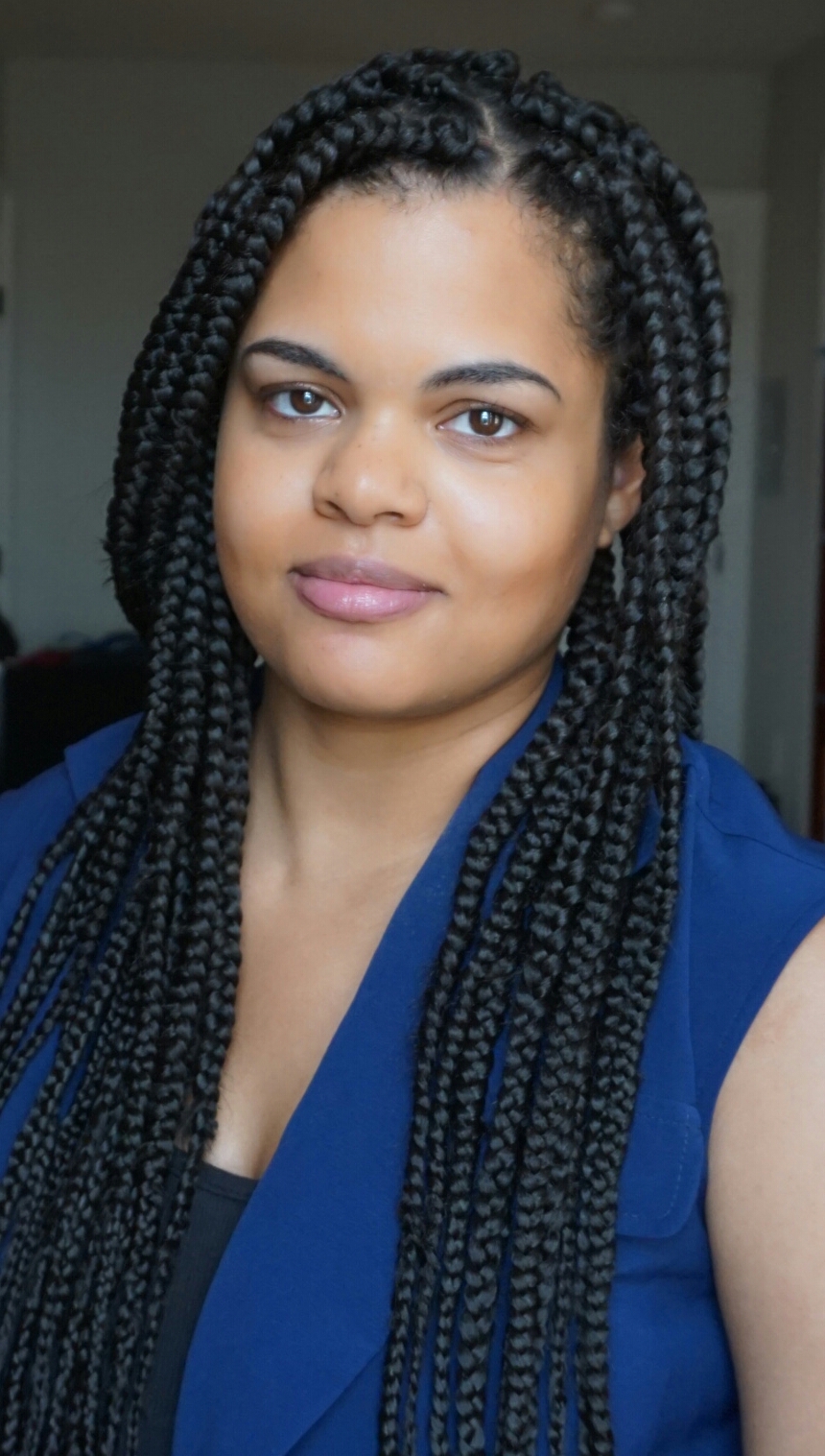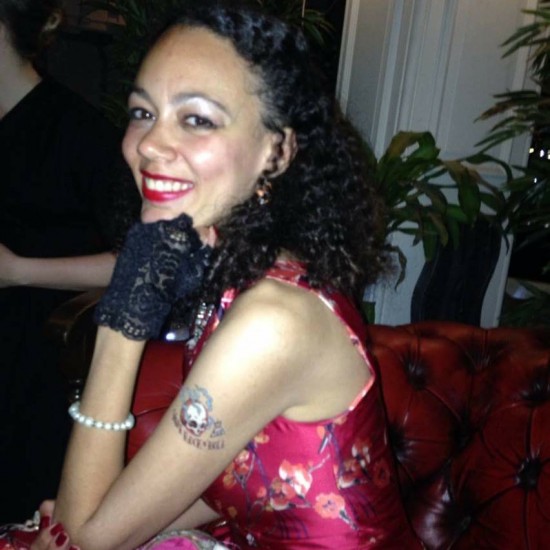These days it has become more common to find mixed roots people who identify as biracial or multiracial. The days of ‘passing’ are a part of American history and unimaginable to most people today. What does this mean culturally and for multiracial people personally? As someone who has always identified as biracial, I wonder about this often. How do we reconcile our individual identities with the realities of society and the way mixed racial identities are perceived? Is that even possible?
A 2015 literature review published in Current Directions in Psychological Science explores the psychology of multiracial identity. One of the findings is that multiracial people can have higher self-esteem if they are raised with an understanding of all of their racial heritage and identify with both parents. When they are asked to choose only one race, they experience a decrease in self-esteem.
Personally, I can identify with those findings. Being asked to choose one race not only doesn’t make sense to me, but is a painful experience because it would mean a part of me is missing, or I am actively rejecting my white mother. I believe it is especially damaging for young people to be told or encouraged to identify with only one part of their background. This is the time when we are forming our sense of selves and starting to figure out who we are. For youth of any race, self-esteem is fragile or nonexistent. Therefore, outside pressures have more influence given this impressionability. When it comes to being mixed race, even adults can have a hard time placing themselves in the world and often default to the path of least resistance, whatever that may be in their environment.
Despite some benefits, having a strong mixed race identity comes with its challenges. As a mixed race family and individual, intolerance can come from all sides. Intolerance from white people is damaging and has the power of institutions behind it, but I’ve found intolerance from black people to be hurtful in a more personal way. All people of color endure racism from the race in power at some point or another. So if I’m rejected by a fellow person of color based on my racial identity where does that leave me? It can be a lonely place to identify as mixed race in a world where external and internalized racism creates an ‘us vs. them’ mentality.
I don’t think any of this is new. The difference could be that now we have the freedom to identify however we want so the issues that always existed are simply out in the open for us all to grapple with. We no longer have to choose one side (though the pressure is still there) and this freedom comes with a need for dialogue and understanding. That’s a challenge that multiracial people face in our culture today. How can we reconcile- within ourselves and others- the divisiveness of racism with our right to accept and love the whole of our identity?
______________________________________________________________________________________________________
 Aisha Springer is based in Baltimore. Her writing primarily focuses on issues of race, feminism, and personal essay. She is a Contributing Writer for Hashtag Feminism, a blog examining feminist topics through a media lens, has written book reviews for STAND, the ACLU magazine, and was a 2015 Social Good Summit Blogger Fellow for the United Nations Association (UNA-USA). During the day, she works full-time at a civil rights nonprofit.
Aisha Springer is based in Baltimore. Her writing primarily focuses on issues of race, feminism, and personal essay. She is a Contributing Writer for Hashtag Feminism, a blog examining feminist topics through a media lens, has written book reviews for STAND, the ACLU magazine, and was a 2015 Social Good Summit Blogger Fellow for the United Nations Association (UNA-USA). During the day, she works full-time at a civil rights nonprofit.
Aisha has a Master of Public Administration from American University and a B.A. in Spanish and International Affairs from the University of Maryland, Baltimore County.


 Nicola Codner is 34 years old and currently training to be a person-centred counsellor in Leeds, UK. She is biracial and her heritage is White British and Black Caribbean. She has a strong interest in difference and diversity which led her into re-training as a counsellor. Prior to training as a counsellor she worked as a publisher in academic publishing. She’s keen to continue to develop my writing experience hence part of her interest in blogging. She has a degree in English Literature and Psychology.
Nicola Codner is 34 years old and currently training to be a person-centred counsellor in Leeds, UK. She is biracial and her heritage is White British and Black Caribbean. She has a strong interest in difference and diversity which led her into re-training as a counsellor. Prior to training as a counsellor she worked as a publisher in academic publishing. She’s keen to continue to develop my writing experience hence part of her interest in blogging. She has a degree in English Literature and Psychology.